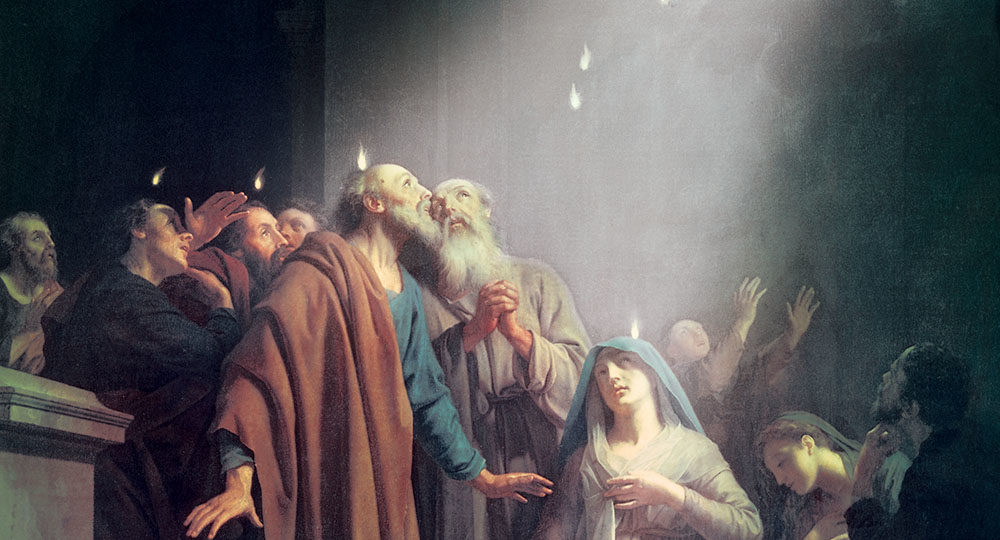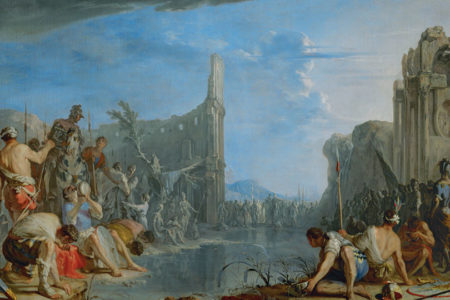A Phenomenal Shavuot
Jerusalem was crowded with pilgrims and strangers from all over the ancient world. They came from Mesopotamia, Judea, Asia, Egypt, Libya, and even Rome. It was summer; and Jewish people were gathering for the annual celebration of Shavuot, or Pentecost (Ex. 34:22). Like Passover and the Feast of Tabernacles, Shavuot was a time of great expectations.
Suddenly, at about nine o’clock in the morning, at the place where Jesus’ disciples had gathered, a sound arose resembling a powerful windstorm. Something described as “divided tongues, as of fire” appeared and rested over the disciples’ heads. Hearing the commotion, many went to see what was happening “and were confused, because everyone heard [the disciples] speak in his own language…the wonderful works of God” (Acts 2:6, 11).
The people were astonished. Some asked, “Whatever could this mean?” (v. 12). Others mocked and accused the disciples of being intoxicated (v. 13).
The promise Jesus made before His ascension to heaven had come to pass:
It was necessary for the Christ [Messiah] to suffer and to rise from the dead the third day, and that repentance and remission of sins should be preached in His name to all nations, beginning at Jerusalem. And you are witnesses of these things. Behold, I send the Promise of My Father upon you; but tarry in the city of Jerusalem until you are endued with power from on high (Lk. 24:46–49).
The “power from on high” was the Holy Spirit coming into the world in a new way on Shavuot. Both the Hebrew and Greek terms for “Holy Spirit” (Ruach HaKodesh and Hagios Pneuma, respectively) can be translated “Holy Wind.”
Just as physical wind can be a prodigious might in the world, so the Holy Spirit is a powerful personage in both the physical and spiritual sphere. After Pentecost, the disciples possessed the same Spirit who indwelt and empowered Jesus during His earthly ministry. He enabled them, particularly Peter, to confront with boldness the amazed crowd and to preach redemption through Jesus the Messiah (Acts 2:14–36). The result was the immediate salvation of more than 3,000 Jewish souls (v. 41).
It was a phenomenal Shavuot. In this present age of grace, the Ruach HaKodesh glorifies the Messiah (Jn. 16:13–14), enabling believers to preach the wonderful works of God, beginning with the good news that “Christ Jesus came into the world to save sinners” (1 Tim. 1:15).







